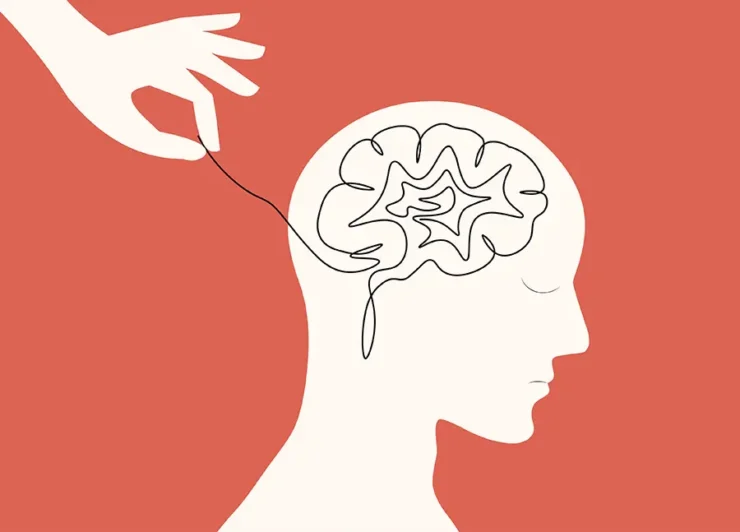In today’s fast-paced world, anxiety is a common visitor in the lives of many. The constant hustle and bustle can make it challenging to find moments of peace. However, understanding and applying effective strategies can significantly alleviate daily anxiety, leading to a more serene and manageable life.
This article explores practical approaches to combat anxiety, ensuring readers can navigate their days with increased calmness and clarity.
Recognizing Anxiety Triggers

Identifying what sparks your anxiety is the first step toward managing it.
Taking time to reflect on your day can help pinpoint specific events or interactions that elevate stress levels. Keeping a journal where you note down moments of heightened anxiety can reveal patterns over time. This practice offers clarity, making it easier to understand which situations to approach differently or prepare for more thoroughly.
In today’s fast-paced world, external factors such as work deadlines, social interactions, or current events can significantly contribute to anxiety. Recognizing these triggers is crucial as it allows for the development of coping strategies tailored to these specific stressors. Incorporating products like Flow Drops into your routine can be an effective part of this strategy.
These drops are designed to promote relaxation and improve mental clarity, acting as a natural aid in creating a buffer zone between you and the anxiety-inducing elements.
Physical and Emotional Signs
The body often signals increased anxiety through physical symptoms like rapid heartbeat, sweating, or restlessness. Emotional signs might include irritability, difficulty concentrating or feeling overwhelmed. Acknowledging these signs as they occur can prompt you to engage in calming practices, mitigating the anxiety before it escalates.
Implementing Calming Techniques

With an understanding of what triggers anxiety, the next step is to incorporate calming techniques into your daily routine.
Mindfulness and meditation are powerful tools for managing anxiety. These practices encourage present-moment awareness, helping to break the cycle of worry about past or future events. Even a few minutes of mindfulness or meditation each day can significantly reduce anxiety levels, promoting a sense of peace and grounding.
Regular physical activity is a proven anxiety reliever. Exercise releases endorphins, natural mood lifters that can also ease anxiety. It doesn’t have to be intense; even a daily walk can make a difference. The key is consistency and finding an activity you enjoy, making it a natural part of your routine rather than a chore.
Maintaining a balanced lifestyle plays a crucial role in managing anxiety. This includes healthy eating habits, ensuring adequate sleep, and setting aside time for relaxation and hobbies. It’s about creating a lifestyle that supports well-being, reducing the overall impact of stress and anxiety on your life.
Seeking Support
While self-help strategies are effective, sometimes professional help is needed.
Therapists and counselors are equipped with the tools and techniques to help you manage anxiety more effectively. They offer a safe space to explore your feelings and provide personalized strategies to cope with anxiety. Seeking professional help is a sign of strength, not weakness.
Conclusion
In conclusion, while anxiety is a part of modern life, it doesn’t have to dominate it. By understanding triggers, implementing calming techniques, and seeking support when needed, it’s possible to find calm in the chaos. Remember, taking small steps toward managing anxiety can lead to significant improvements in overall well-being and quality of life.

